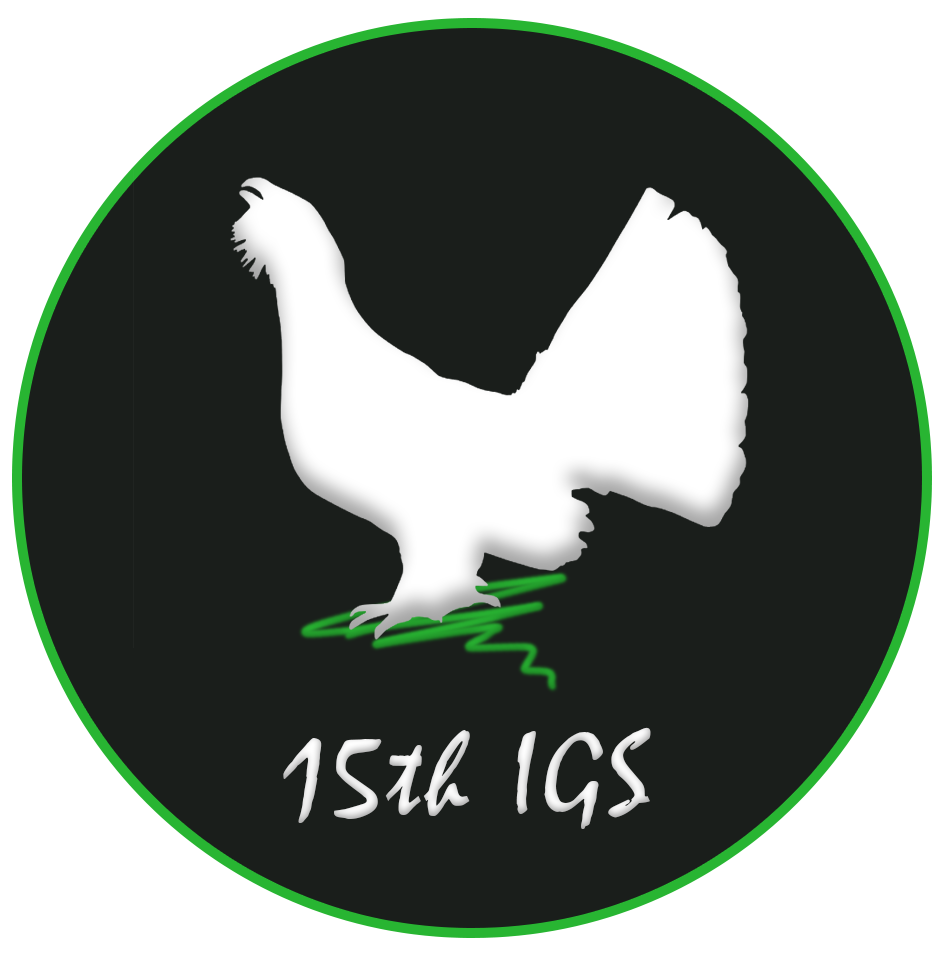The symposium covers the following subject areas
This symposium will be dedicated to grouse ecology and conservation, in particular:
- The effects of human disturbance (such as tourism, outdoor recreation, forest management) and of energy infrastructure (power lines, wind turbines, oil and gas prospecting etc.) on grouse populations.
- The effects of climate change on grouse populations.
- Building social acceptance of conservation programs of grouse populations.
The attempts of passive and active protection of grouse to date, in particular European populations of the black grouse and capercaillie, have not brought satisfactory results. The biggest problem is the low survival of birds in the natural environment, including translocated and reared birds. In this area, the symposium program covers the following issues:
- Development and improvement of monitoring methods of grouse, with particular emphasis on the use of telemetry methods and acoustic methods.
- Application of statistical methods and GIS methods to assess individual survival, habitat preferences, and to assess the impact of anthropogenic changes on the functioning of individuals and populations.
- The importance of methods of non-invasive assessment of fitness for monitoring grouse survival in their natural habitat. Particular emphasis will be placed on research into stress physiology in birds, including methods for assessing parameters of environmental stress in faeces and feathers.
- Insight for genetic and genomic approaches to grouse species of conservation concern, to better understand patterns of adaptive divergence, gene flow across the landscape, conservation action impact and population monitoring.
In many areas of the historical range of grouse species, these birds have completely disappeared or are so few that their survival depends on the supply of individuals translocated or coming from breeding centers. The symposium program covers the most difficult areas in terms of research, and at the same time the most important for the success of activities aimed at restoring or preserving natural populations, including:
- The influence of genetic variation on the effectiveness of breeding procedures and the effectiveness of introducing translocated and artificial breeding individuals. Particular emphasis will be placed on the study of the genes of the Major Histocompatibility Complex (MHC) and genes determining individual behavioral diversity (Personality Traits), in particular those related to susceptibility to emotional stress caused by anthropogenic changes in the environment and contact with humans.
- Development and improvement of grouse breeding process and technique. We will pay special attention to issues related to assisted reproduction methods (methods of short- and long-term semen storage, artificial insemination, endocrine disorders of reproduction) and parasitological risks.
The conference will also be attended by practitioners involved in the improvement of grouse breeding and monitoring methods. This will allow effective and direct transfer of scientific knowledge to breeding procedures and natural management of the population.
In accordance with the previous IGS conferences, a competition will be announced for the organization of workshops and research sessions to complete the conference program. The organizers will make a selection of presentations, including their allocation to workshop slots, oral and poster presentations.
The conference program will be in line with the format of previous IGS conferences. Its 5-day program will consist: two parallel workshops (day one), three days filled with scientific sessions (morning and afternoon sessions each day, ending with poster sessions) and an off-site session for the conservation breeding of grouse, i.e. capercaillies and black grouse, breeding centers run by Głęboki Bród Forest District and Spychowo Forest District, including visit to the forest ecosystems in which the capercaillie and black grouse are re-introduced.
We plan 100+ presentations in the Conference program, including 5-6 invited plenary lectures. Each session will consist of four 0.5 hour presentations and 4 messages of 15 min. We are planning a total of 48 session + 5 plenary = 53 oral presentations and 50 poster presentations.
- 11th September (Monday) – Workshops (optional)
- 12th September (Tuesday) – Presentations and banquet
- 13th September (Wednesday) – Presentations
- 14th September (Thursday) – Field trip to Capercaillie/Black Grouse Breeding Centers
- 15th September (Friday) – Presentations
- 16th September (Saturday) – Optional field trips to either Biebrza or Białowieża National Parks
Conference Schedule
15th International Grouse Sympodiom
September 11-15, 2023
University of Białystok Faculty of Biology
Ciołkowskiego 1J Street, Białystok, the Auditorium 2003 (1st floor)
